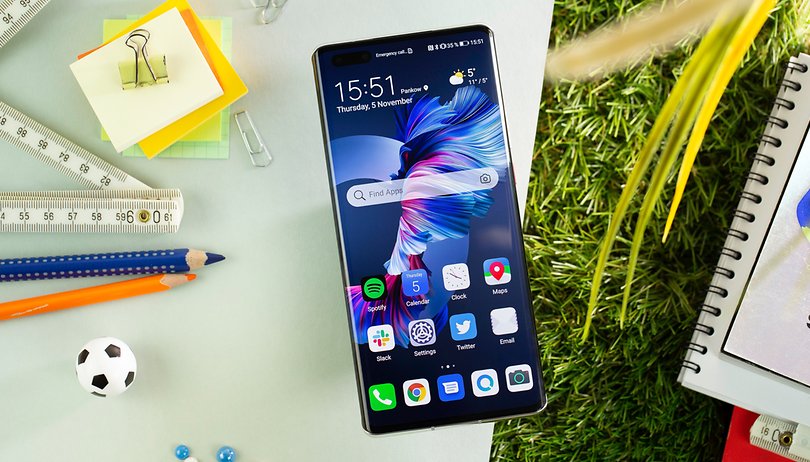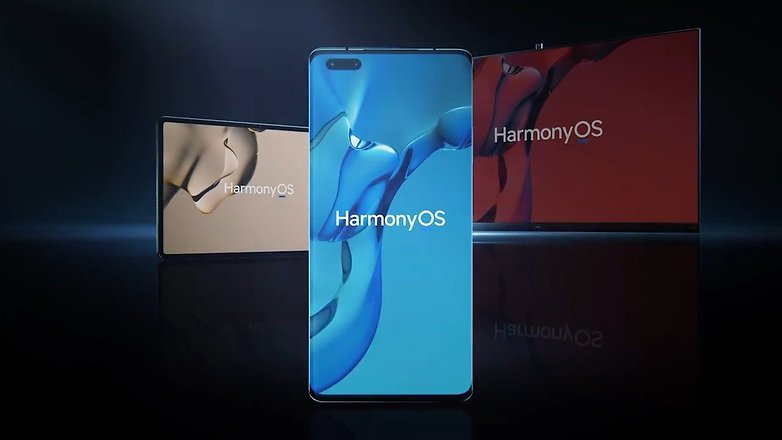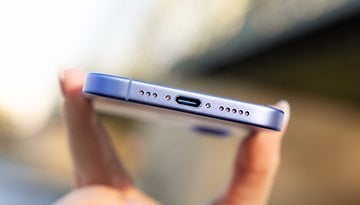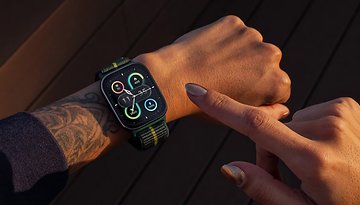Update to HarmonyOS will keep mobile data and apps


Read in other languages:
Huawei has answered some questions concerning upgrading your current smartphones and tablets to the latest HarmonyOS, reassuring existing customers who are eager to try out its new system that it will retain all of your current apps and data on Android. At the same time, here are additional details on how the software will work.
- Devices running on Android will not lose any of its data or apps when migrating to HarmonyOS.
- This statement is an indication that the operating system is based on Google's source code.
- HarmonyOS public beta is already available in China for selected devices.
According to a representative of the Chinese brand, the beta version of the operating system is already in circulation for a select number of people who have already signed up for the beta version of HarmonyOS.
After unfounded claims that HarmonyOS would be a completely new operating system - i.e., one that isn't based on Android with an unreleased microkernel, and will not be based on Linux, there is no doubt about it that there are users who may have been left wondering about the compatibility of apps with the current EMUI/Android suite.

Wide compatibility with Android
At least in the case of the Chinese market, which already does not run on Google's plethora of services, the migration process promises to be transparent according to Huawei. It will rely on the same credentials such as Huawei ID, WeChat ID, QQ, among others.
In addition, Huawei's representative reported that data will be retained on the device during migration, ranging from games to apps. This means there is no need to download all of your apps again after performing the upgrade.
The promised ease of migration and compatibility of applications only reinforces the evidence that HarmonyOS - or at least this version for the general public, is nothing more than a new customized version of Android as such whispers have already made their way on sites like ArsTechnica earlier this year.
The use of a compatible layer could even offer some degree of support for current Android apps, but the operation of such a converter/emulator is normally accompanied by certain incompatibility issues with selected apps and services, which was not indicated by the Chinese manufacturer's representative.
The promised new system, built using the LiteOS core (kernel), is in full development under the name OpenHarmony, but there is still no indication of when it will be available commercially on smartphones or other devices.
Source: ITHome (chinês)



















